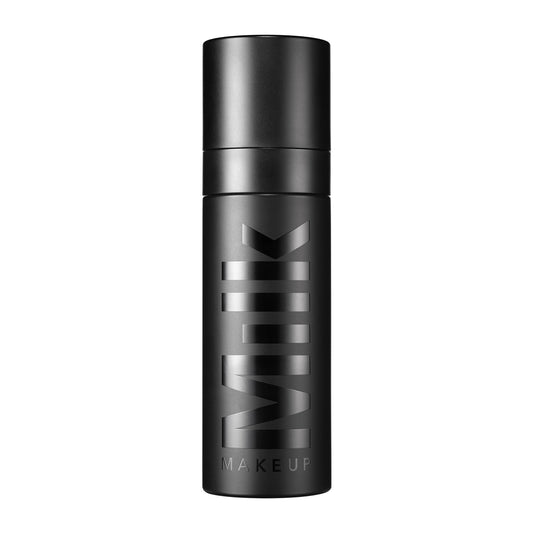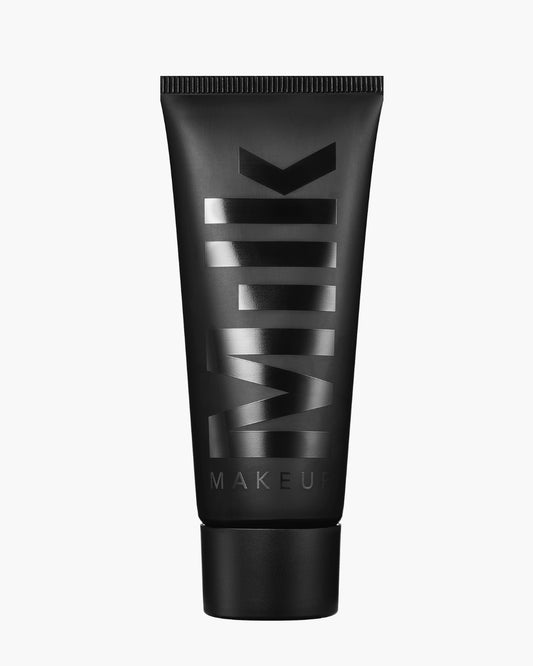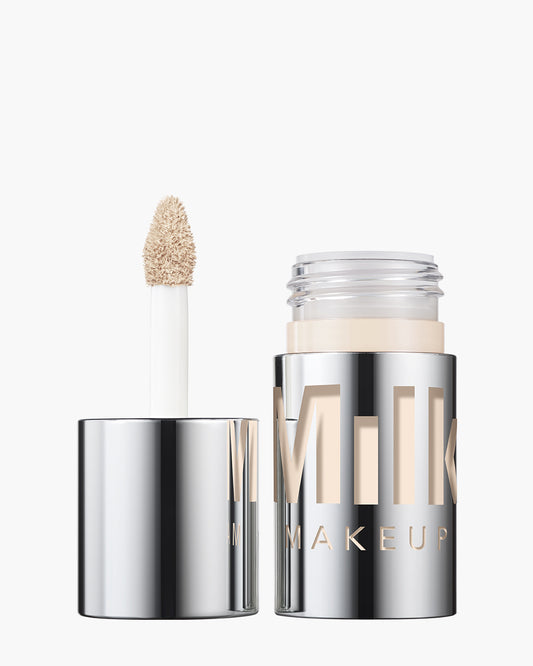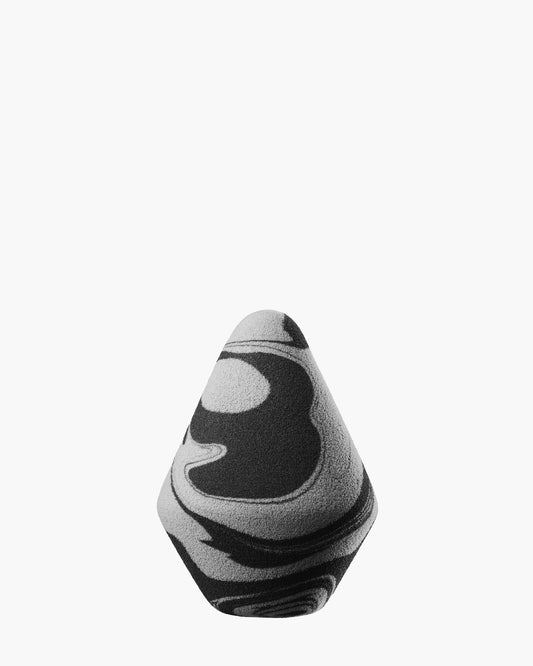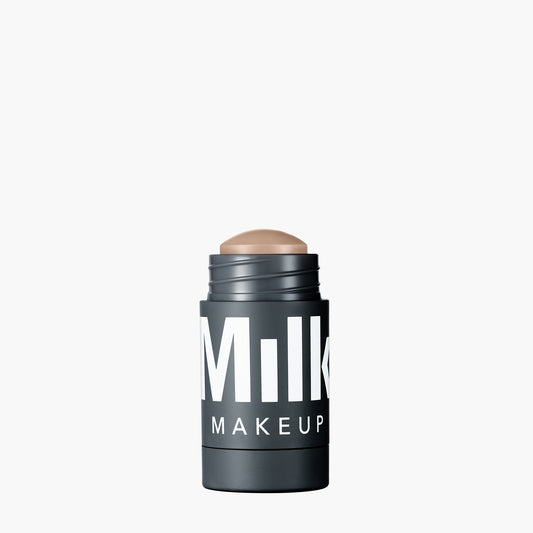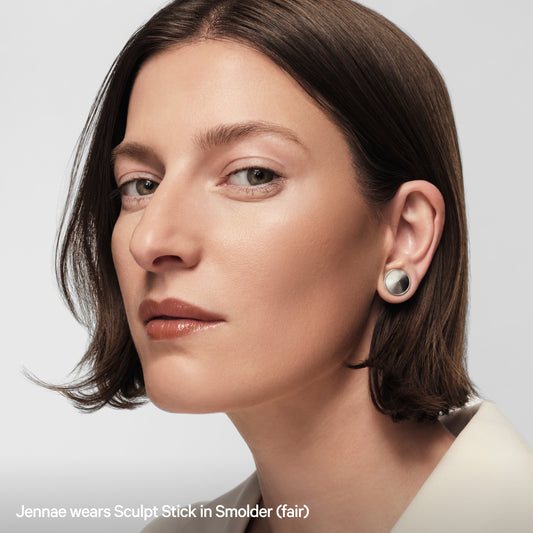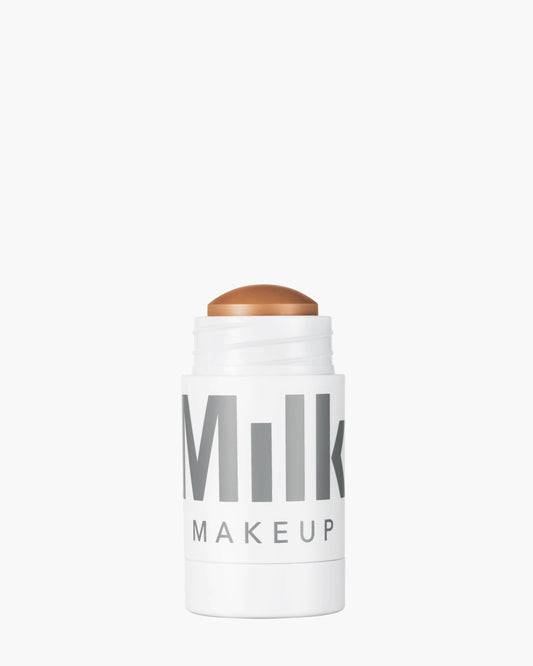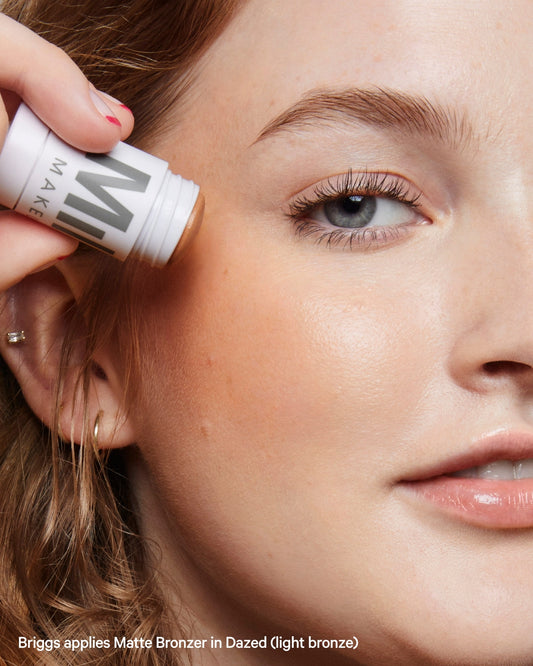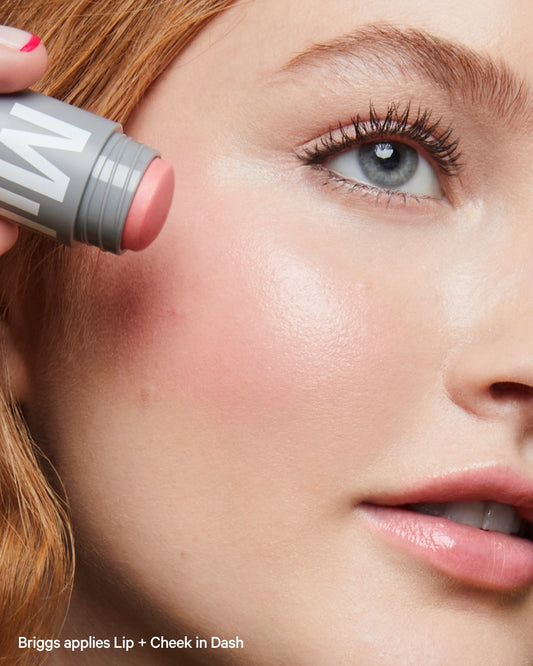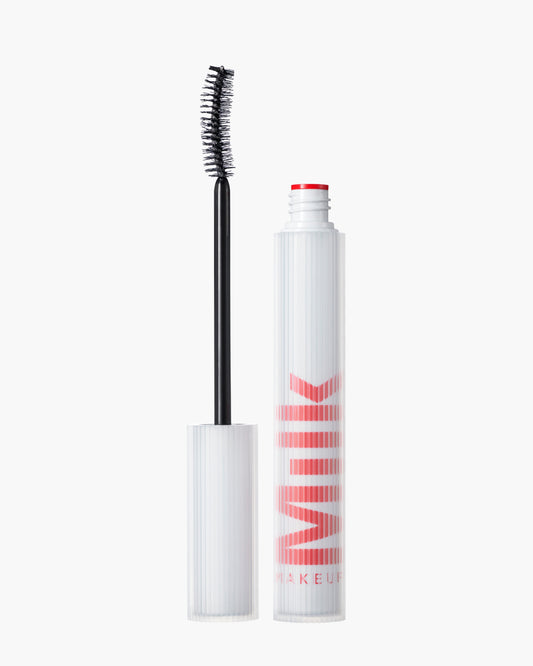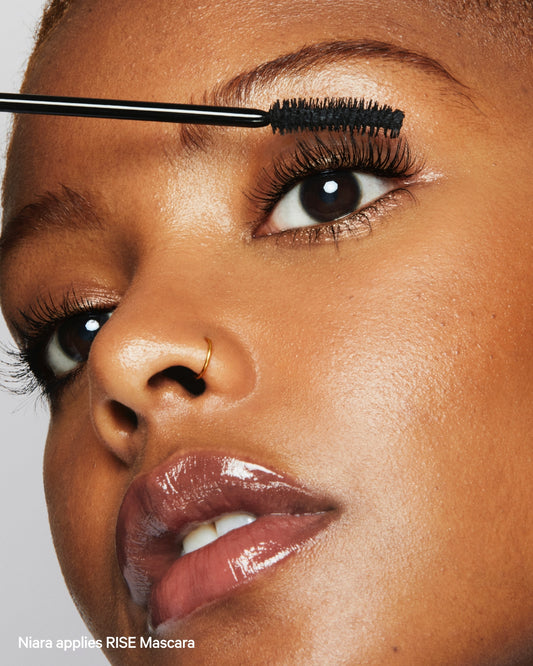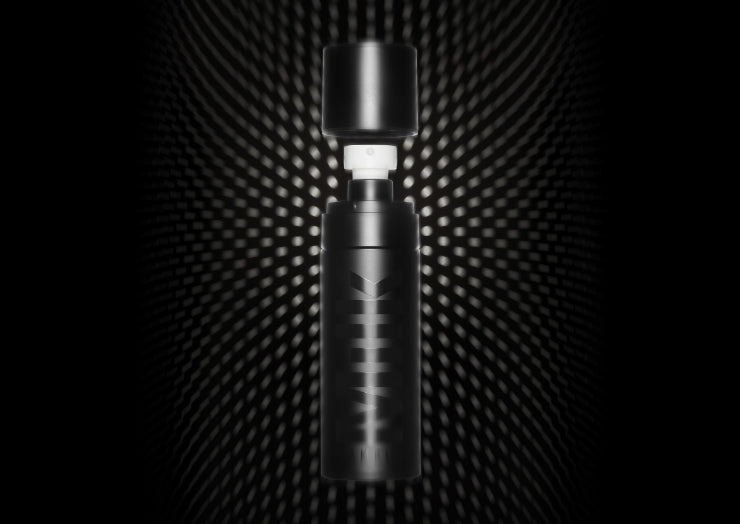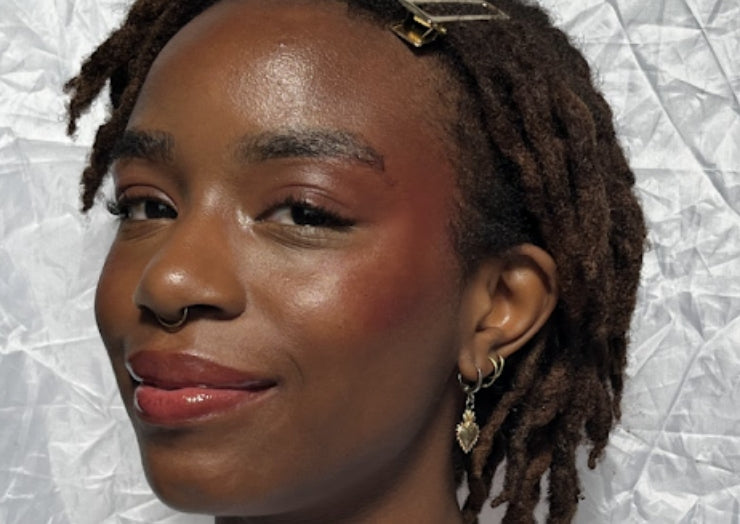Whether you find a certain ritualistic solace in cleaning your makeup brushes or you dread it like the most tortuous chore imaginable, one thing is certain: It must be done. And just as important as washing makeup brushes correctly is how often to wash dirty makeup brushes. (Sorry—once a year won’t cut it, folks.) It can mean the difference between good makeup application and flawless makeup application, not to mention it helps keep both your skin and eyes healthier and happier.
“Makeup brushes accumulate dead skin cells, oil, bacteria, dust, and other residue,” says Brendan Camp, M.D., a board-certified dermatologist based in New York City. In other words, keeping your brushes clean is essentially part of a smart skincare routine, especially if you have sensitive skin or you’re prone to acne breakouts. “It’s important to clean makeup brushes not only to prevent skin infections but to also ensure they are in tip-top shape to apply cosmetics.” Because as amazing as your favorite makeup brush is, it’s even more amazing when it’s not all gunked up with months worth of makeup.
Milk Makeup Director of Artistry Sara Wren calls out another solid reason to stay on top of cleaning those bristles: eye irritation. And that can mess up your look, your day, and if it gets really bad, your health. “Oils, bacteria and leftover makeup can build up in the brush leading to breakouts and in extreme cases lead to eye infections,” she says.
You already know how to clean your favorite makeup sponge, so read on so you may go forth and clean your makeup brushes with confidence, too.
How often should you clean your makeup brushes?The frequency with which you clean your makeup brushes depends a lot on the frequency with which you use them, regardless of if you’re using synthetic brushes or ones with natural hair. But a safe bet on average? Once every week or two. “The American Academy of Dermatology recommends washing makeup brushes once every seven to 10 days,” Dr. Camp says. But sometimes it’s simply more practical to wash a brush after one use. For example, let’s say you have only one eyeshadow brush and you’re feeling a bright blue look on Tuesday and a neutral mauve on Wednesday. Cleaning that brush means getting none of yesterday’s blue residue messing up your mauve today. And if you’re anything like Sara Wren and use your brushes as much as a makeup artist, you’ll want to avoid product buildup clean every brush you use every day. “Every time I use my brushes, I like to clean them for the best results and application,” she says. How should you clean your makeup brushes?“The easiest way to clean brushes is to grab a sprayable liquid brush cleaner,” Sara says. “It’s quick, and the formulas are great if you need the brush to dry quickly.” Here’s a step-by-step of how she says to clean makeup brushes with a cleansing spray. 1. Spray the brush bristles until they are completely damp. 2. Gently wipe them back and forth either in the palm of your hand or on a silicone brush cleaning mat—being careful to not redirect the brush hairs—until all the product is off the brush. 3. Lay the brushes out or put them in a cup with the bristles pointed up to dry. |
|
What should you use to clean your makeup brushes?
Although Sara is a fan of sprayable makeup brush cleansers for very frequent washes, there are other options for less frequent, more thorough makeup-brush cleanses.
In addition to liquid makeup brush cleaners made for this specific purpose, Dr. Camp says a gentle shampoo, like baby shampoo, or a clarifying formula can be used to clear the brush heads of any residue. “A mixture of vinegar and water can be used to disinfect them afterwards,” he says. “When done, ensure the ends of the brushes are left over the edges of the counter or sink to allow them to air dry completely.”
Another option is already in your kitchen. “If your brushes need a deep cleaning, you can lather them up with dish soap and lukewarm water,” Sarah says. “But be careful not to do this too often or let brushes soak in the soapy water as the glue that keeps the bristles in will break down and the brushes will shed.”
But as long as you’re treating your brushes with care and washing them about three times a month, they’ll work—and you’ll look—great.
Meet the Expert
Brendan Camp, M.D. (he/him) is a double board-certified New York City-based dermatologist and dermatopathologist. He has been published in the Journal of the American Academy of Dermatology, The Journal of Clinical Oncology, and more.
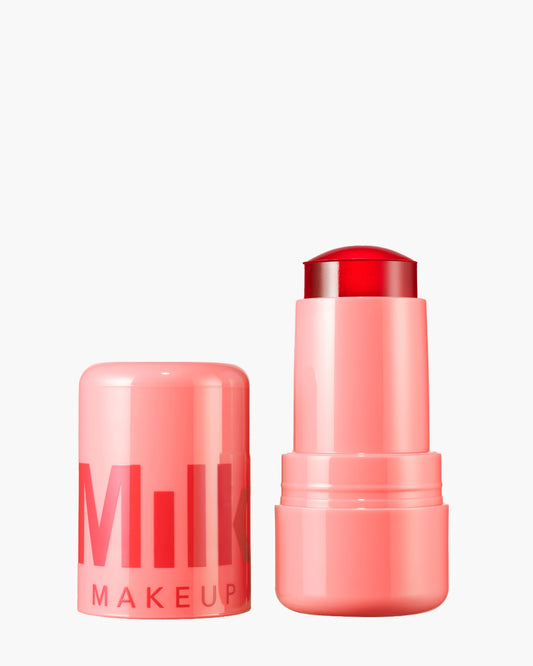
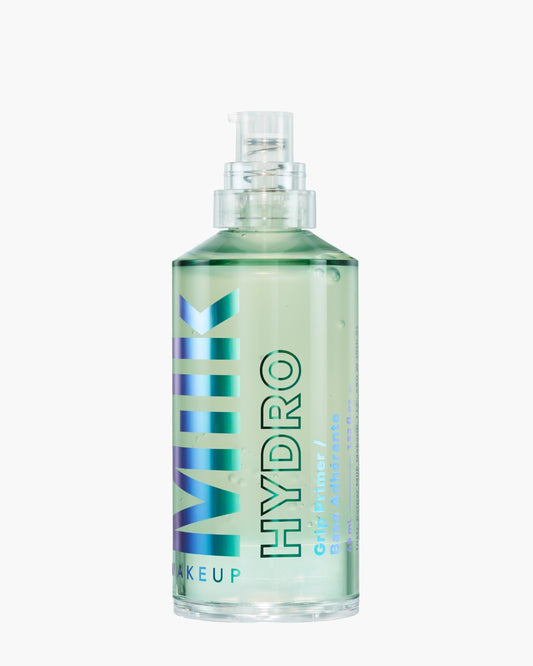
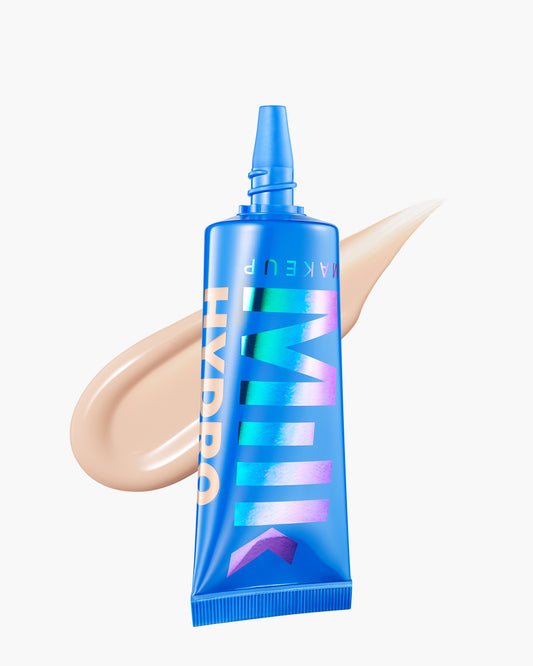
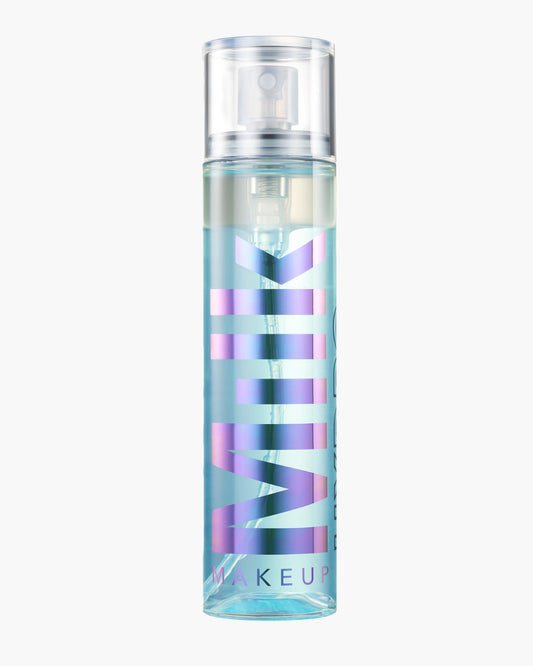
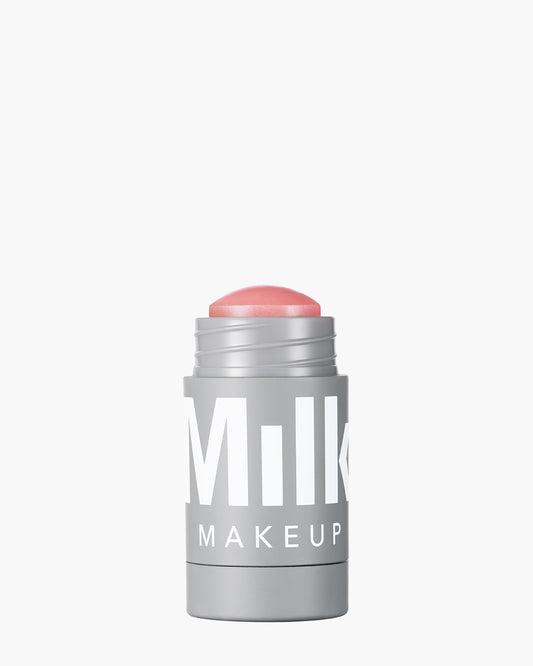
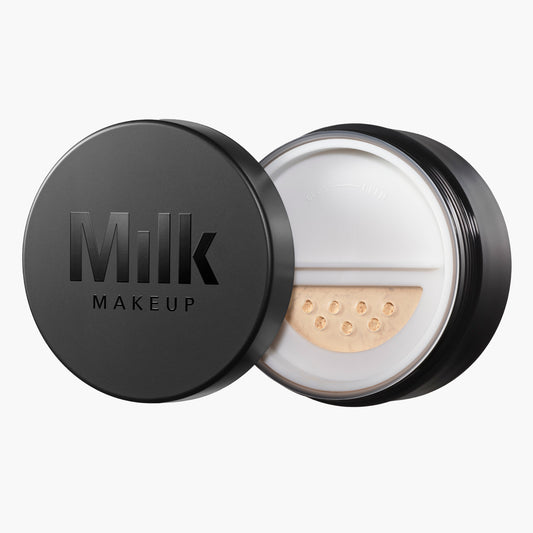

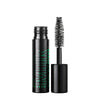
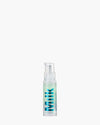
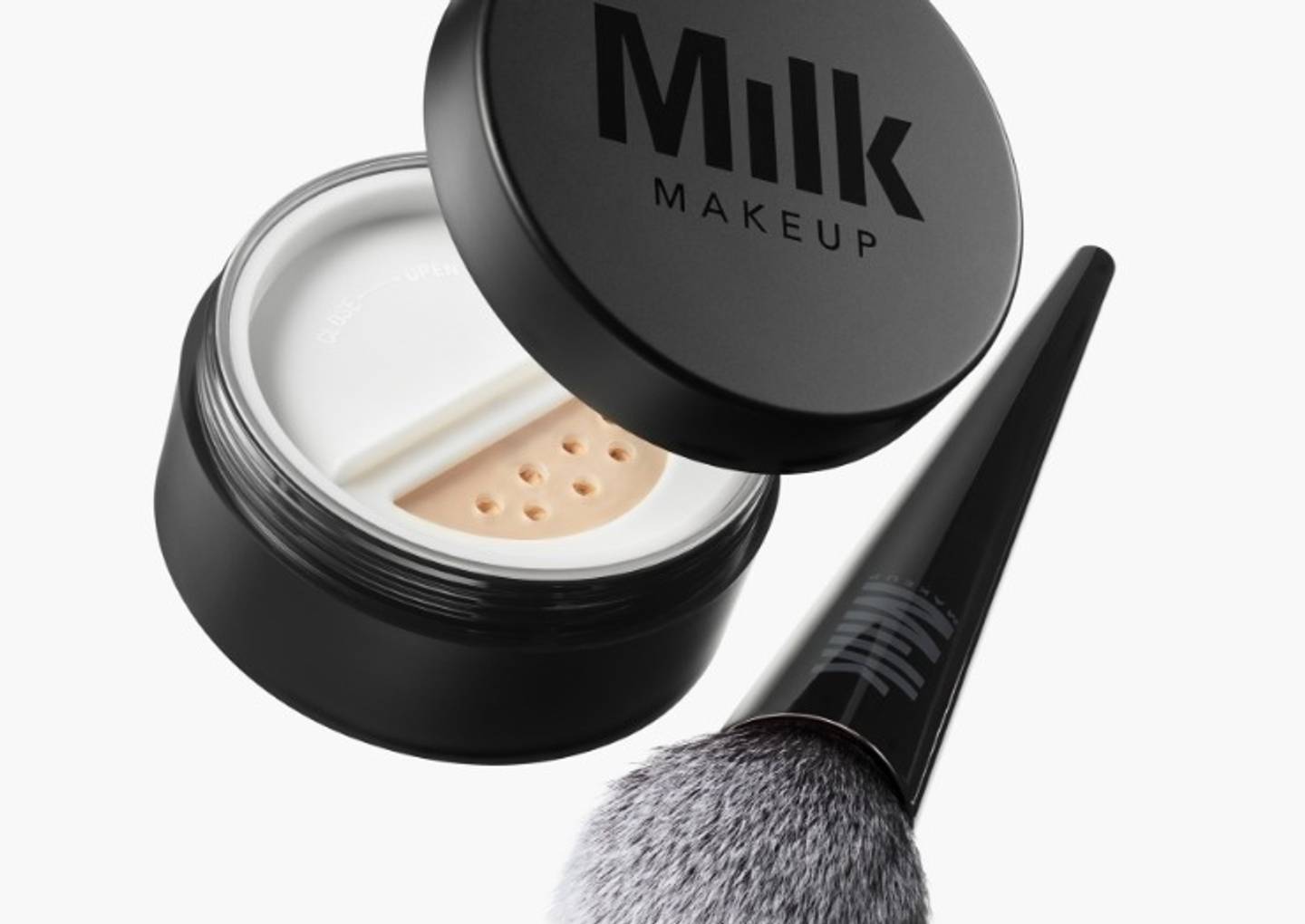
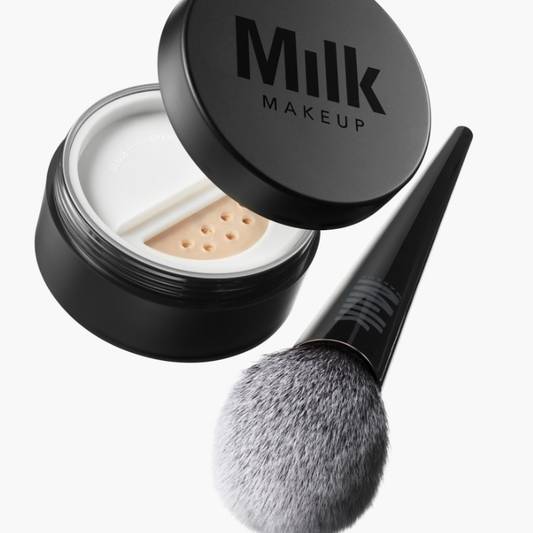

-%E2%80%A2-Instagram-photos-and-videos-v1716307831945.png?206x206) "
"
